This article was co-authored by Meredith Brinster, PhD. Meredith Brinster serves as a Pediatric Developmental Psychologist in the Dell Children’s Developmental and Behavioral Pediatrics Program and as a Clinical Assistant Professor in the Department of Psychiatry and Behavioral Sciences at Dell Medical School of The University of Texas at Austin. With over five years of experience, Dr. Brinster specializes in evaluating children and adolescents with developmental, behavioral, and academic concerns, including autism spectrum disorder, developmental delay, intellectual disability, anxiety, attention problems, and learning disabilities. Her current research focuses on early biomarkers of autism spectrum disorder, as well as improving access to care. Dr. Brinster received her BA in Psychological and Brain Sciences from Johns Hopkins University and her doctorate in Educational Psychology from the University of Texas at Austin. She completed her clinical internship in pediatric and child psychology at the University of Miami Medical School and Mailman Center for Child Development. She is a member of the Society for Research in Child Development (SRCD) and the American Psychological Association (APA).
This article has been viewed 22,101 times.
Many people on the autism spectrum have obsessions, from numbers, toys to even names. If you are experiencing a strong obsession with something minuscule or even something significant, such as a favorite topic, it can be hard to take control of and can sometimes even limit interests, but it is still possible.
Steps
Identifying the Obsession
-
1Admit to yourself that you have an obsession, and note what the obsession is. This is the first step to dealing with it.
-
2Trace your path to where the obsession started. Try to see if you can identify the initial source of your obsession, and where you got it from. For example, suppose you are obsessed with the number 28 and like to go around repeating it. You may have started being obsessed with 28 because it's your best friend's favorite number and you love the sound of it. Be sure to note those things.Advertisement
-
3Note whether you think about the obsession enough to call it an "obsession". If you only think about it once a week, it is probably not an obsession, but if you think about it at least once an hour then it would be considered an obsession. For example, if your mind repeats the number 28 more than fifty times per hour, that is a strong obsession, but if it says "28" once a week, that may not be an intense obsession.
-
4Know that you are not alone. As mentioned earlier, many autistic people have obsessions and special interests. You can rely on others like you for support if you need to.
Dealing with the Obsession
-
1Consider how much the obsession affects your daily life. Sometimes obsessions are harmless, but other times they take over your life. If you think about the obsession all the time and it impacts your concentration, that is a problem and you should speak to someone about it.
-
2Ask yourself this: Are you having an obsession, or an intense passion or hobby? If it's the former, you should reconsider how limiting your obsession may be. You do not need to steer clear of the obsession if it is pleasurable, but you should make sure you think about other things as well. If you are having an intense passion or hobby, or special interest, then follow it, but make sure that is not all you do every day.[1]
- For example, you might focus on discussing different topics with your friends instead of fixating on your obsession.[2]
- Embracing special interests can be good for your mental health. There's absolutely nothing wrong with having an intense passion about something, and it can bring you lots of joy.
-
3Work on time management. If you have a hard time tearing yourself away from the obsession, work on how to set limits.[3] Schedule yourself a guilt-free time to focus on your obsession, and set a timer for a certain length of time. When you are done, focus on something else for a while.
- For example, you might decide to draw characters from your favorite story for half an hour, and then study for half an hour.
-
4Get screened for anxiety disorders. You may be experiencing signs of OCD, PTSD, or another type of anxiety issue. Obsessions can be related to autism, but may also be caused by something else, so it's helpful to rule out other factors.
-
5Explain to people who may not understand. You will likely encounter people who do not understand why you are so obsessed with this one thing, so try to see it from their point of view and be able to explain it to someone who has no idea how your mind works in this sense.
-
6Gain support from friends and family, both autistic and non-autistic people. Take time to talk about your obsession and how it is impacting you, and invite them to do other things with you. Perhaps you could paint, camp or take a road trip just to get the obsession off your mind!

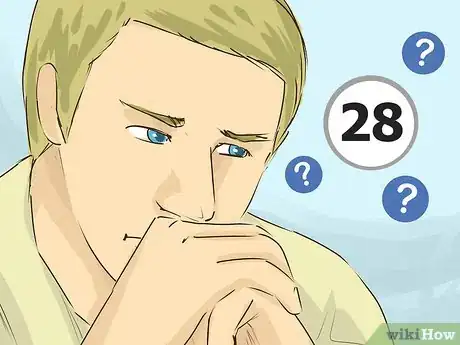
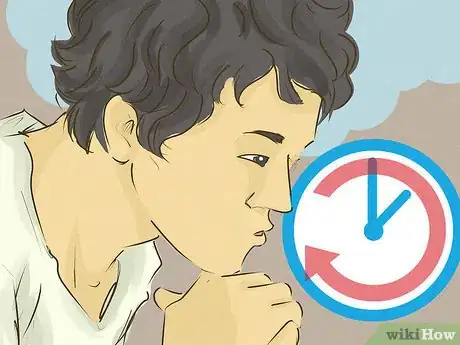

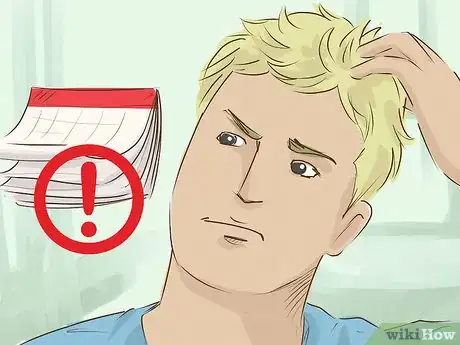
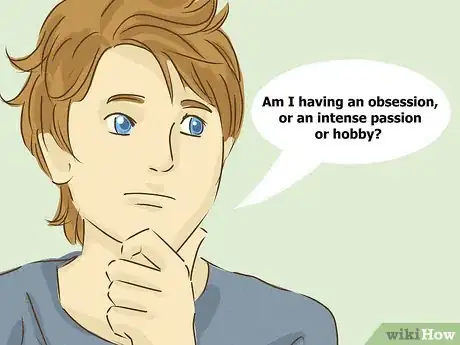

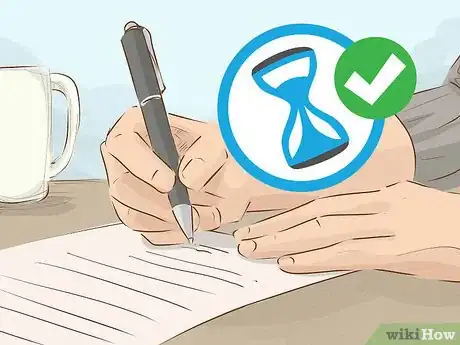











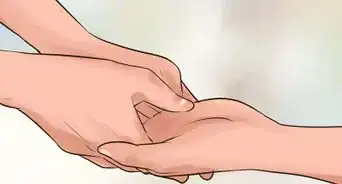
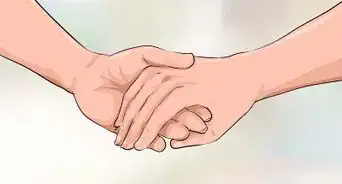

















































Medical Disclaimer
The content of this article is not intended to be a substitute for professional medical advice, examination, diagnosis, or treatment. You should always contact your doctor or other qualified healthcare professional before starting, changing, or stopping any kind of health treatment.
Read More...